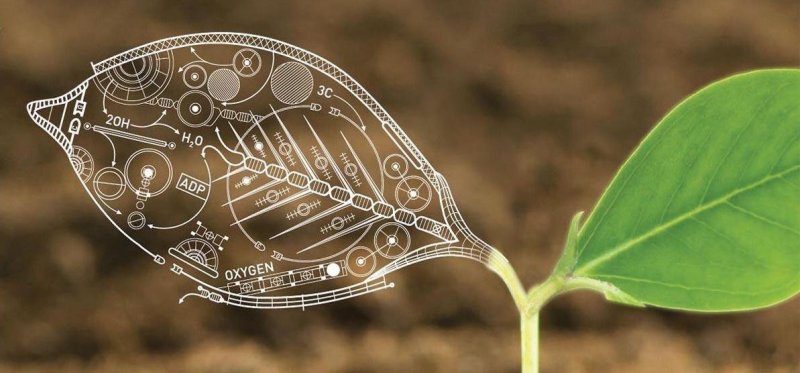Synthetic biology has the potential to reshape our agriculture systems and to usher in a new era equitable and of sustainable nutrition. It’s a lofty but critical goal—research projects we will face severe global food shortages by 2050. But for synthetic biology to successfully transform our food supply, the biotech community must also be aware of the pitfalls and hurdles that could inadvertently lead to greater food disparities. Resource distribution is already unequal. The World Economic Forum estimates that 9% of the global population, about 690 million people, did not have enough to eat in 2019. If current trends continue, this number is expected to exceed 840 million by 2030. Though these numbers may seem overwhelming, they can also be a catalyst for innovation.
There are solutions to global hunger at the intersection of science, business, and public policy. By working together, this trifecta can create and execute novel food technologies. It’s a challenge for any entrepreneur to take their concept out of the lab and into the hands of consumers.
Shifting values from dollars to people may seem radical or highly improbable. But it’s an important shift if the synthetic biology industry is to fully accept its role in addressing global hunger.
Read the original post































